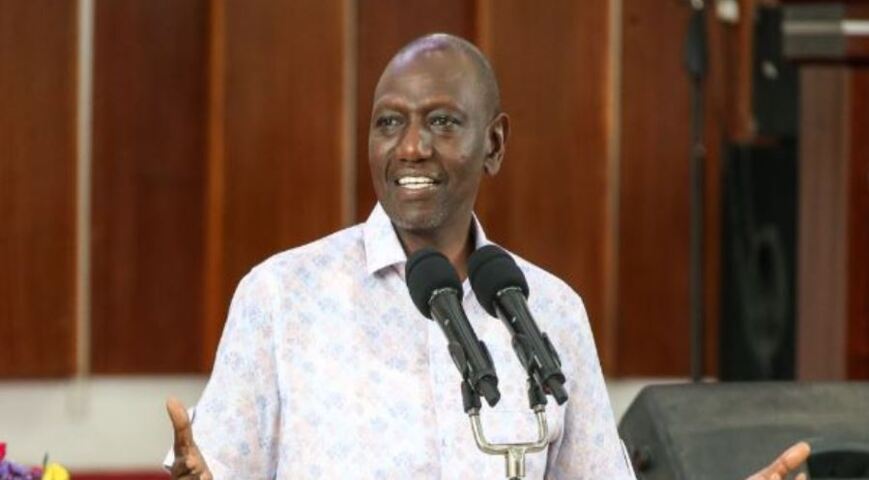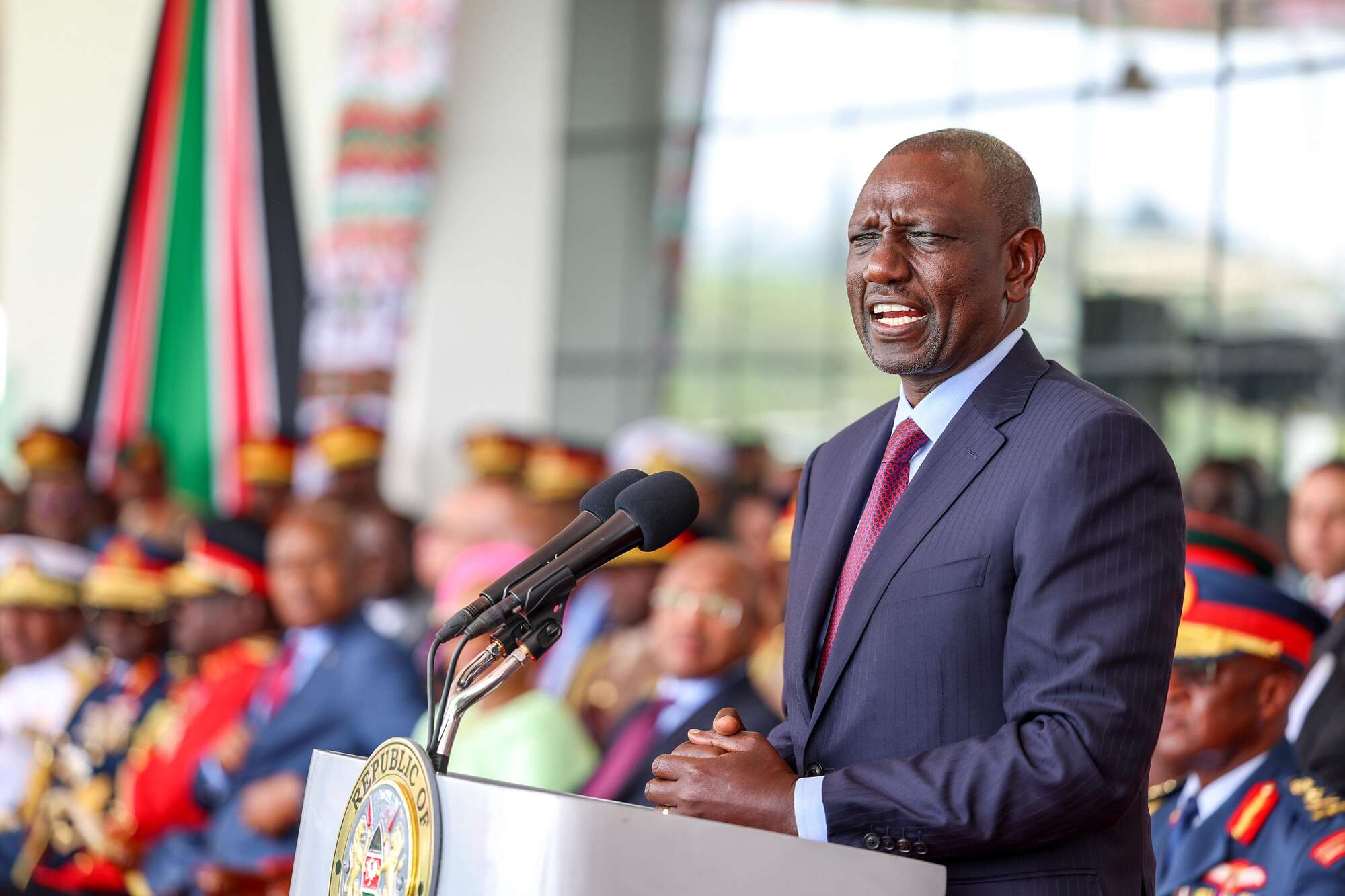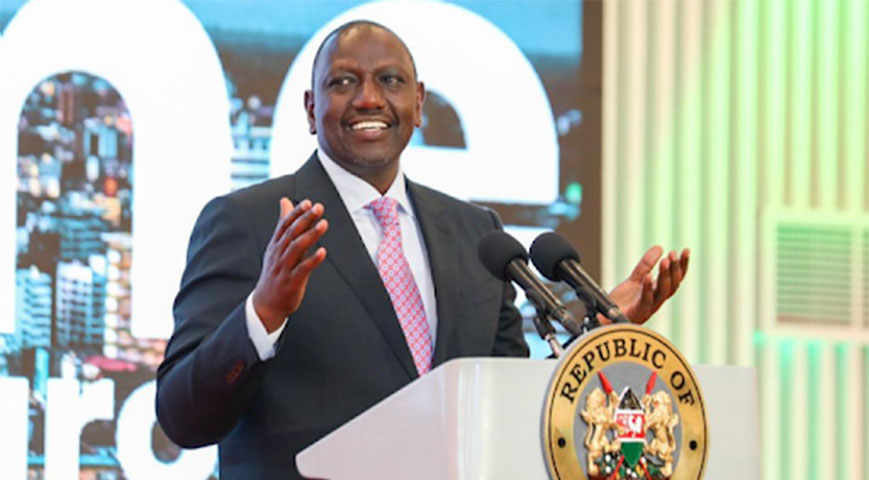President William Ruto has unveiled seven key measures aimed at combating corruption, a persistent issue raised during anti-government protests.
During a press briefing at State House, Ruto highlighted these initiatives as part of his administration’s commitment to enhancing government accountability and transparency.

One of the primary steps is proposing amendments to the Evidence Act and Criminal Procedure Code to expedite the prosecution of corruption cases, targeting resolution within six months. Additionally, Ruto plans to amend the Witness Protection Act to better protect and incentivize whistleblowers, facilitating safer reporting of corruption.
Did you read this?
Ruto intends to amend the Public Finance Management Act and the Public Procurement and Disposal Act within ninety days to modernize the public procurement system, which is recognized as a corruption hotspot. He also aims to implement digital infrastructure within six months to ensure transparency from advertisement to contract award.
He has urged parliament to swiftly pass the Conflict of Interest Bill to regulate and manage conflicts of interest in the public sector. He emphasized that any bill lacking robust integrity and anti-graft measures would face a presidential veto.

Ruto called on judicial institutions to establish a timetable for active corruption cases, ensuring timely proceedings and public awareness of deadlines. He also committed to collaborating with parliament to enhance transparency in the VAT refund process, which he described as opaque. Annually, Ksh. 400 billion is allocated to VAT refunds, and Ruto aims to streamline this process, redirecting savings to more productive economic sectors.
The head of state plans to push for stricter legislation to curb imports of goods already produced in Kenya, promoting value addition, job creation, and economic growth. These measures boost local industry and enhance Kenya’s economic self-sufficiency.









